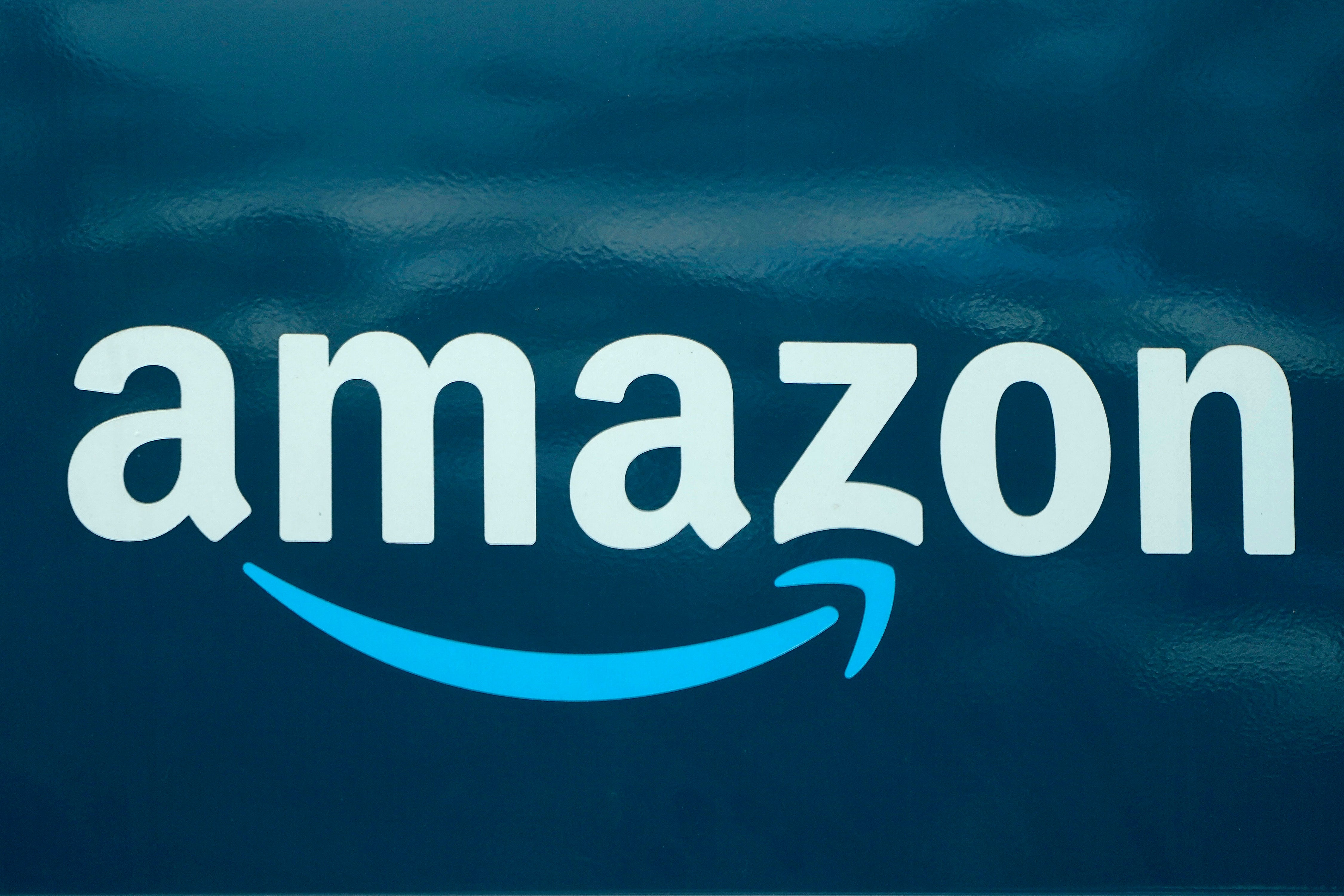Amazon to shutter virtual health care service Amazon Care
Amazon is shutting down the hybrid virtual, in-home care service it’s spent years developing

Your support helps us to tell the story
From reproductive rights to climate change to Big Tech, The Independent is on the ground when the story is developing. Whether it's investigating the financials of Elon Musk's pro-Trump PAC or producing our latest documentary, 'The A Word', which shines a light on the American women fighting for reproductive rights, we know how important it is to parse out the facts from the messaging.
At such a critical moment in US history, we need reporters on the ground. Your donation allows us to keep sending journalists to speak to both sides of the story.
The Independent is trusted by Americans across the entire political spectrum. And unlike many other quality news outlets, we choose not to lock Americans out of our reporting and analysis with paywalls. We believe quality journalism should be available to everyone, paid for by those who can afford it.
Your support makes all the difference.Amazon is shutting down the hybrid virtual, in-home care service it’s spent years developing, a surprising move that underscores the challenges it faces as it moves into health care.
The service, called Amazon Care, will end by Dec. 31, according to an email sent to staff by Neil Lindsay, senior vice president of Amazon Health Services.
Amazon Care was launched in 2019 for Seattle-based Amazon’s Washington state employees, who served as trial users before the company made it available last year to its workers in all 50 states.
The service connects patients virtually with doctors and nurses who can provide treatment 24 hours a day. It does not have physical locations, but offers in-person services for things like vaccinations and flu testing in several cities, including Seattle and Washington, D.C.
Amazon’s decision to pull the plug on Amazon Care is even more surprising given the company said in February it was planning to expand the in-person care service to include 20 additional cities. Last summer, Amazon also began offering the service to private employers nationwide.
In the email sent to staff, Lindsay wrote that Amazon listened to feedback from employers and worked to improve Amazon Care.
“However, despite these efforts, we’ve determined that Amazon Care isn’t the right long-term solution for our enterprise customers,” Lindsay wrote.
He added that Amazon Care "is not a complete enough offering for the large enterprise customers we have been targeting, and wasn’t going to work long-term.”
An Amazon spokesperson declined to say how many people will lose their jobs because of the shutdown of Amazon Care.
Amazon Care isn’t the company’s first failed health effort. The tech and retail giant was also part of a short-lived collaboration with JPMorgan and Berkshire Hathaway to improve health care costs. The three corporate giants formed an independent company called Haven to focus on improving care and manage expenses, but it dissolved last year.
Despite the setbacks, Amazon hasn't relented on its focus on healthcare. Last month, it announced plans to spend $3.9 billion to buy the primary care organization One Medical, a membership-based service that offers virtual care as well as in-person visits. As of March, One Medical had about 767,000 members and 188 medical offices in 25 markets.
Neil Saunders, managing director at GlobalData Retail, said given that Amazon is now investing in other areas of health, it is taking a more aggressive stance on exiting things that are not delivering results.
“The closure underlines how hard making inroads into the health market is,” Saunders said. “It serves as a warning that even with acquisitions, Amazon’s bid to shake up the sector will be incredibly difficult and possibly expensive.”